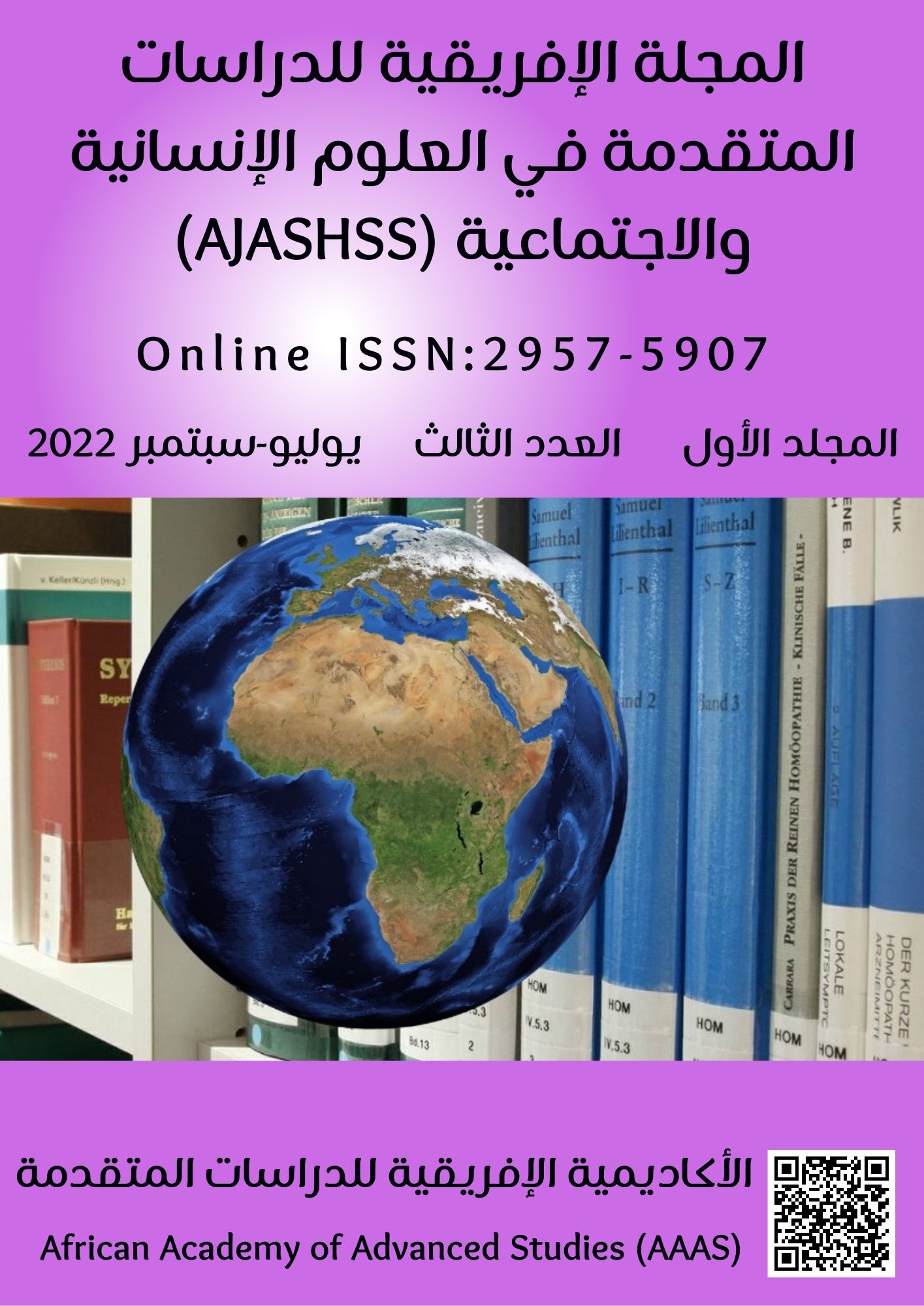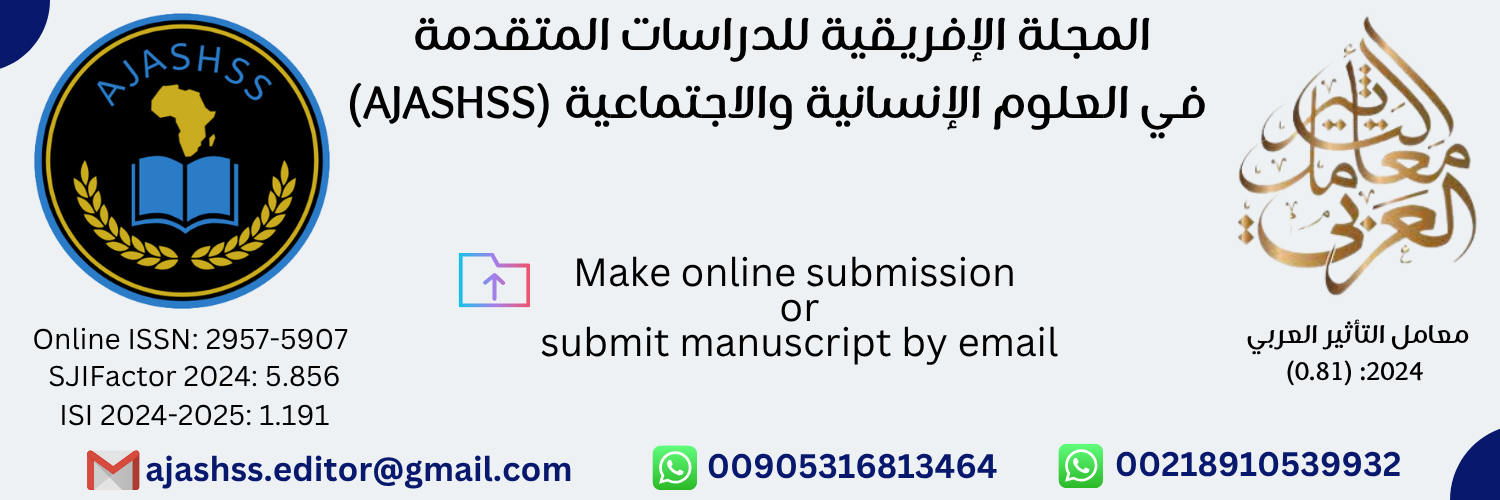آداب السلوك الرقمي لدى المعلمين ودورهم في اكساب مهارات التعلم المنظم ذاتياً لدى التلاميذ
الكلمات المفتاحية:
آداب السلوك الرقمي، التعلم المنظم ذاتياً، اللياقة الرقمية، الإتيكيت الرقمي، تلاميذ الصف السادس، فلسطينالملخص
هدف البحث إلى قياس مستوى آداب السلوك الرقمي لدى معلمين الصف السادس، ومستوى التعلم المنظم ذاتياً لدى طلبتهم، بالإضافة إلى دور آداب السلوك الرقمي للمعلمين على إكساب طلبتهم التعلم المنظم ذاتياَ، واتبع الباحثان المنهج الوصفي، وتكونت عينة الدراسة من معلمي الصف السادس الأساسي وبلغ عددهم (52) معلمًا، وطلبتهم وبلغ عددهم (234) طالبًا، وأعد الباحثان أداتين هما: استبانة آداب السلوك الرقمي للمعلمين، استبانة مواقف التعلم المنظم ذاتيًا للطلبة، وتوصلت الدراسة إلى أن الوزن النسبي لمقياس آداب السلوك الرقمي" مستواه مرتفع، والوزن النسبي لمهارات التعلم المنظم ذاتياً مستواه مرتفع جداً، وأنه لا توجد فروق دلالة بين مستوى درجات آداب السلوك الرقمي لمعلمين الصف السادس، تغزى للمتغيرات (الجنس، المؤهل العلمي، عدد سنوات الخبرة)، وأنه لا توجد فروق دلالة بين مستوى درجات التعلم المنظم ذاتياً لدى تلاميذ الصف السادس، تغزى للمتغيرات (الجنس، مرتفع / منخفض التحصيل)، بالإضافة إلى أنه لا توجد علاقة بين آداب السلوك الرقمي والتعلم المنظم ذاتياً.
منشور
كيفية الاقتباس
إصدار
القسم

هذا العمل مرخص بموجب Creative Commons Attribution 4.0 International License.






